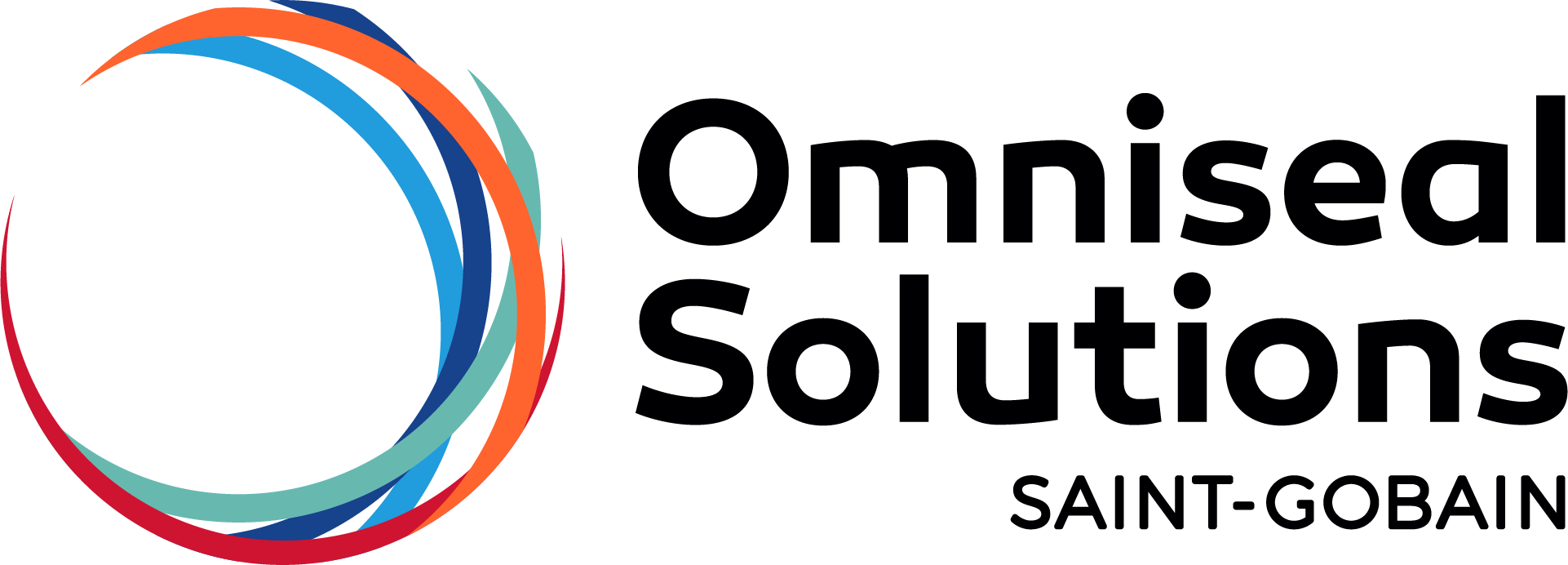Quality, certification, and processing. These are just a few of the key points that are important to consider when choosing a seal manufacturer. In critical applications such as aerospace, oil and gas, and automotive, there’s simply no room for error – these environments demand quality first. Today we focus on the top questions you should ask any seal manufacturer BEFORE you place an initial order. Let’s dive in:
Whether you’ve placing an order for 100,000 seals or need a custom order of just 10, the questions you should ask a potential supplier are the same, and include:
1. Is your facility certified for my industry?You should always confirm if the site has the necessary ISO standard for your industry due to ISO being the international standard for operating a business. For example, our main manufacturing sites are ISO 9001 and 14001 certified. The ISO 9001 standard relates to a quality management system, where an organization needs to demonstrate the ability to consistently provide products and services that meet customer and regulatory requirements. The 14001 standard relates to an effective environmental management system which an organization can implement by following certain processes.
These standards will have a direct impact on the quality of your components and will help to determine how demands are met in your industry, whether they are ISO/TS 16949 for the automotive market, ISO/TS 13845 for the medical field or AS 9100 (derivative of ISO 9100) for the aerospace industry.
Because ISO 9001 certification is the absolute minimum for a qualified manufacturer and pretty basic, we would strongly recommend that you next make sure that the manufacturer has proven experience with specific material and product testing relating to ASTM standards. Each industry has their own set of ASTM standards, which improve performance of materials, products, services and systems. Independent, third-party validation will help you develop and promote universal product quality, safety and efficiency for your end user.
2. Is customizing components important and how does that relate to critical parts making THE difference?Again, our belief is that all parts should be custom fit to ensure a perfect fit and lifetime confidence. The design process should be a true collaboration between your engineers and a supplier’s technical design team. For best results, seal suppliers should be identified early in the design process to allow time for any adaptations to the original design. Because our sealing solutions are used in extreme environments such as cryogenic or high pressure, they must be customized to fit the environment and to never fail, making them a critical part of the core system.
3. Which steps do you consider in your quality testing?Ideally, quality assurance should be a multi-step process for any sealing solution manufacturer; quality and care truly count! Once proper certification is established, the next step should be testing against quality standards.
We recommend that you look for a supplier with established internal testing procedures using the latest technology such as coordinate measuring machines (CMM) and vision systems. Precise equipment helps to measure the geometrical characteristics of a component to be certain that all dimensions meet quality specifications. CMMs can qualify components to within a micrometer. Other tests such as RPM cycle tests (to check for performance in real service environments) and flow tests (used for pump components) will also help to validate and predict ultimate function.
4. Do you invest in your equipment and your employees?The manufacturing landscape has changed dramatically in the last 20 years, and suppliers should have changed as well. Robotics, cobots (or collaborative robots), AI and other innovations have changed the manufacturing process. We advise that you look for a sealing solution manufacturer who is committed to investing in their equipment infrastructure as well as their employee training.
At Saint-Gobain Seals, our technical teams complete thorough training to better understand each stage of manufacturing. Processes such as machining, tooling, packaging and shipping are all critical elements of the supply chain. and should be discussed in-depth with a knowledgeable representative before any supplier decision is made.
These are just a few of the questions that we feel are important to help you vet a sealing solution manufacturer. Which qualities do you feel are important to look for? Let us know, or reach out to our team for advice; we’re happy to help!

